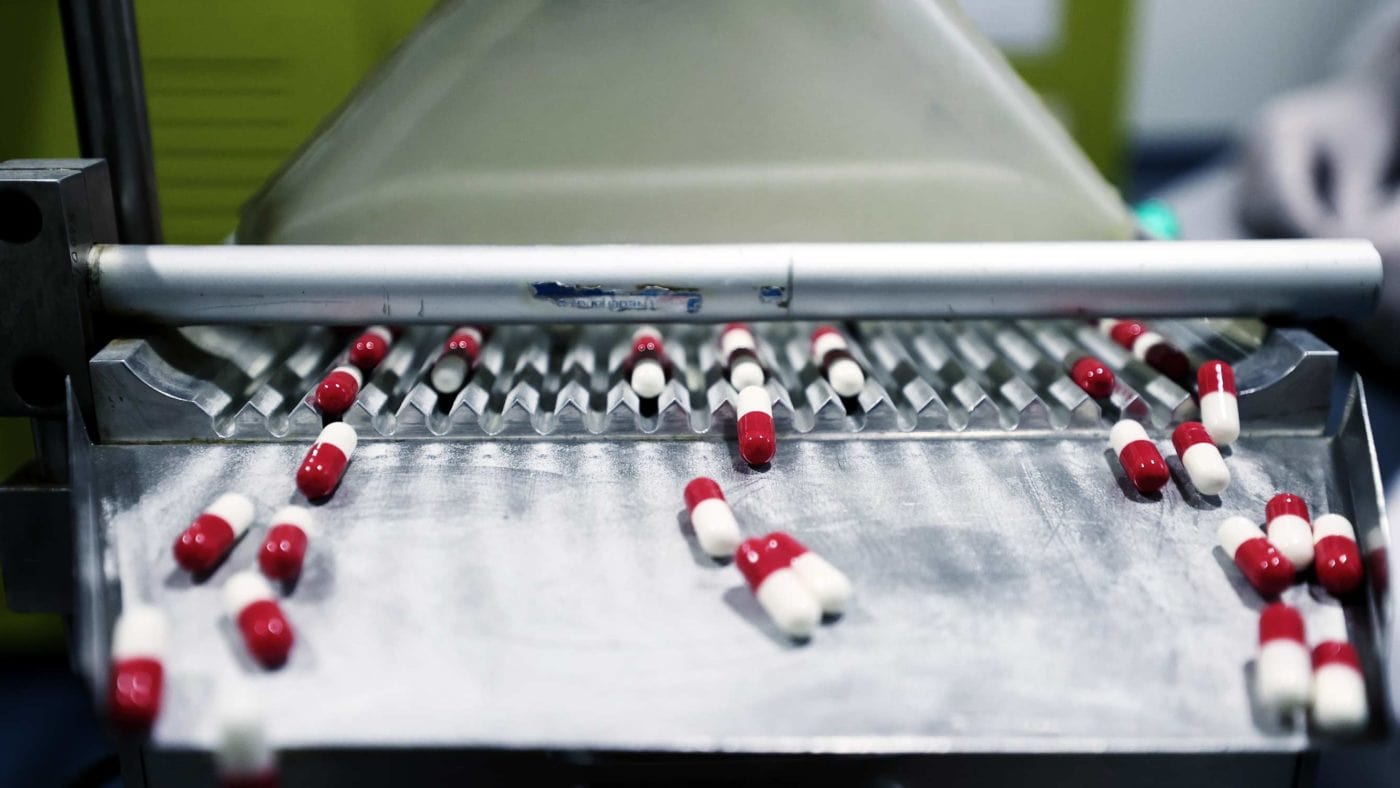The UK is now the last man standing in the face of a host of countries demanding a WTO waiver on intellectual property rights. The much vaunted deal’s goal is to ensure that Covid vaccines will be more available in developing countries than before – but as I wrote recently on CapX, weakening IP rights is a very dangerous road to go down.
So what, if anything, has been achieved by this WTO declaration?
For one thing, producers in countries India, Brazil, South Africa and Argentina, who have a history of copying the products of primarily UK, US, Swiss and Japanese pharma companies without having to incur the same level of research and development spend, can service developing country markets. Granted, the waiver banks China’s statement that it would not use these flexibilities, but given China’s behaviour elsewhere in the global economic system, one has to question how valuable such a legal commitment actually is.
Most worryingly, the likelihood that the research-based pharma companies will invest in finding cures for new pandemics in these countries has just been severely reduced. Why would any company invest in research if it knows that its products are likely to be copied without any compensation? Even more troubling than the compulsory licensing of patented products are the provisions on release of confidential information, which will act as a disincentive to the important patent function of getting information out into the public domain.
One of the main progenitor’s of the waiver language, and the country that is claiming much credit for it, is India. This is interesting, given that it was India that limited exports of vaccines from the Indian market, thus deliberately harming the very developing countries they claim now to protect. The likelihood that India would do similar things in the event of a future pandemic is quite high. In a similar vein, Public Stockholder negotiations saw India again resisting reform, with a history of export restrictions to ensure it can provide for its own people at the expense of other developing countries.
India also has a history of pushing to limit the TRIPS agreement almost from its inception in 1995. For many years after that, India’s generics companies fought for the ability to force the research based pharma companies to license their drugs, or to get compulsory licenses if companies did not voluntarily license. This push was supported by a host of well-meaning NGOs who saw this as a route to get ‘essential medicines’ to poor people in developing countries.
The flaw in the argument was that the vast majority of ‘essential medicines’ are not patented, and so the IP right makes very little difference to their ultimate distribution. Even for drugs that are patented, many patented drugs compete with each other in the treatment of a particular disease. It’s comparatively rare to see a single treatment for a disease. Just look at Covid, which has a large number of vaccines and therapeutics, not all developed with the same methodology. All that weakening the patent right has done is transfer wealth from the research based companies who need it to invest the $1bn in research costs to copycat companies who do not then pass the gains to consumers, because they price only at levels at which consumers will switch (as you would expect them to do).
The shortsightedness of this approach is obvious. For very little gain, the incentives for investing in new drugs to treat new and old diseases has been severely undercut. The fact that a major developing country company can now access the patents and confidential information of major drug companies and produce for export all over the world (except the advanced developed nations) threatens to create a two-tier system – high quality drugs to treat people in the rich West, and inferior products for developing world people. This cannot be a good precedent. It is a good example of the harmful unintended consequences which often arise from trying ‘do the right thing’.
There is, however, another aspect of the Declaration that will make a much bigger difference and needs to be supported. These are the trade-related impacts such as the approach on export restrictions, and the need for more trade facilitation to ensure that logistics in developing markets works better. There are huge restrictions on the movement of all goods, not just pharmaceuticals, in developing countries. These stem from anti-competitive distortions in the logistics sector which artificially increase the costs of goods. To the extent that the WTO Ministerial Declaration recognises this, it is a success.
While hosts of countries collapsed in the face of intense lobbying by NGOs and related copycat firms, the UK stood alone. The Government, and particularly Trade Secretary Anne-Marie Trevelyan, are to be commended for a resolute desire to achieve an actual result that helps poor people in developing countries, rather than simply to virtue signalling.
However, unless allies such as the US and Japan – who have considerable equities in the results of this process – can come to the table, the future for intellectual property, and our ability to treat poor people in poor countries with life-saving vaccines, looks bleak indeed.
Click here to subscribe to our daily briefing – the best pieces from CapX and across the web.
CapX depends on the generosity of its readers. If you value what we do, please consider making a donation.


